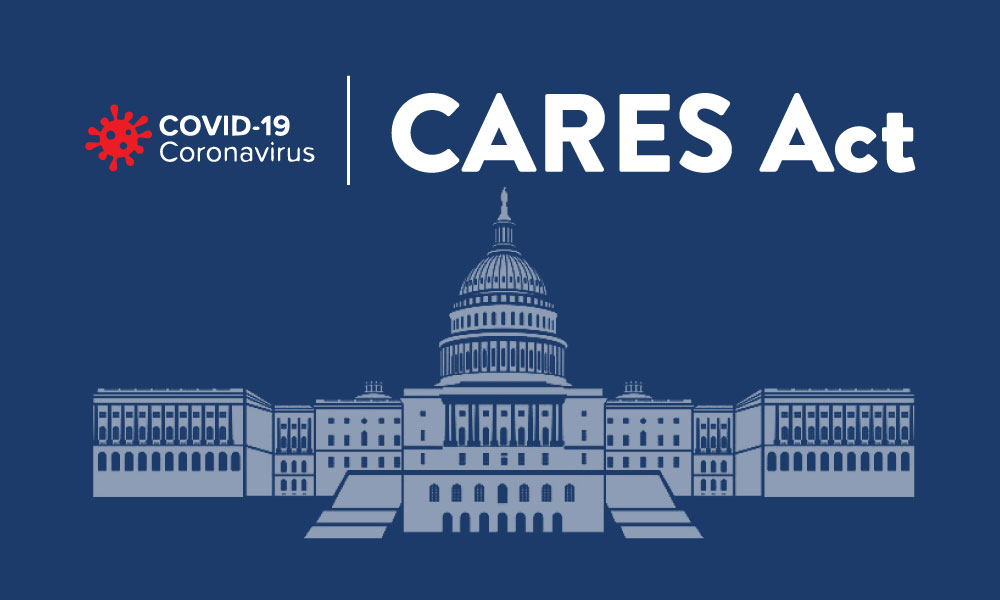It’s an understatement to say that the coronavirus crisis has thrown a wrench into society. In addition to the tragic loss of life, the COVID-19 pandemic has cost millions their livelihood, either through layoffs, furloughs, or reduced hours. Experts predict a spike in consumer bankruptcy filings on the horizon. However, what about the bankruptcies that are currently underway and the people who have been affected by COVID-19. Are there any remedies available to keep Chapter 13’s going although Debtors have an inability to pay for their plan payments? Fortunately, the CARES Act, signed into law in late March, provides specific relief for Chapter 13 consumer bankruptcies.
Chapter 13 bankruptcy is a reorganization bankruptcy. Chapter 13 provides relief to debtors who wish to keep certain secured debts like homes and vehicles. It provides a payment plan by allowing debtors to keep unprotected assets and catch up on secured debt payments paying down debt over time through an approved repayment plan. The typical repayment period lasts three to five years, depending on the individual’s income and the creditors.
However, with COVID affecting employment and income, some Chapter 13 filers have been unable to keep up with their repayment plan, leading to concern that even the last resort of bankruptcy won’t be enough to stave off creditors. This is where the CARES Act comes in. The legislation includes special provisions for consumer bankruptcy filers, allowing existing Chapter 13 payment plans to be extended to 84 months. Any pandemic stimulus checks also do not need to be put toward the repayment plan, as the Act specifies that they are not considered disposable income.
In other words, for those in a confirmed Chapter 13 bankruptcy, a break in payments would be allowed and payments could be spread out over a longer period, making them either smaller, providing a relief period for those affected by COVID-19. Plus, all provisions last one year from the date of the act’s legislation, expiring on March 27, 2021.
This does not mean that anyone who files for Chapter 13 now has more time to repay their debts. The act only applies to those who filed and were approved by a court prior to CARES’ enactment on March 27, 2020. Furthermore, the legislation requires debtors prove they have experienced “material financial hardship” due to the pandemic, whether directly or indirectly, in order to receive a repayment plan extension.
Fortunately, the CARES Act’s wording is deliberately vague, allowing some latitude on what qualifies as “material financial hardship.” Additionally, the phrasing of “directly or indirectly” provides some wiggle room for those with confirmed Chapter 13 plans. It will be up to the discretion of the courts in each case to determine who receives a plan extension.
Perez Law Group bankruptcy attorneys can determine if you fully qualify for a modification under the CARES Act aid due to COVID-related material financial hardship. We know how tough the bankruptcy process is under normal circumstances, let alone during a pandemic. Give us a call at (602) 730-7100 or 1 (888) 59-PEREZ, and we’ll explore your options for a CARES Chapter 13 extension.
